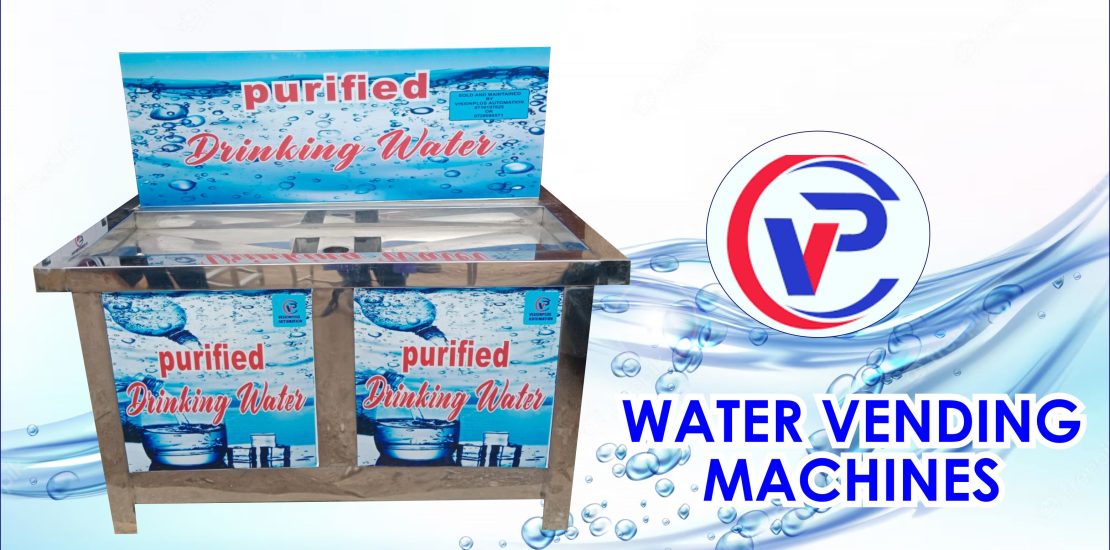- November 14, 2023
- Posted by: VisionPlus Automation
- Category: water vending business

5 Factors to Consider When Starting a Water Vending Business in Kenya
5 Factors to Consider When Starting a Water Vending Business in Kenya
Introduction
The water vending business in Kenya has gained prominence as a lucrative venture that not only addresses the critical need for clean water but also provides entrepreneurial opportunities. However, like any business, the success of a water vending venture hinges on strategic planning and thoughtful consideration of various factors. This essay explores five crucial factors entrepreneurs should consider when embarking on the journey of starting a water vending business in Kenya.
1. Water Source and Quality
The foundation of a successful water vending business lies in the source and quality of the water. Identify a reliable and clean water source that meets the required health and safety standards. Conduct thorough water quality tests regularly to ensure that the water dispensed is free from contaminants, adhering to both national and international regulatory standards. This factor is paramount to building trust with consumers and maintaining a positive reputation in the market.
2. Location and Accessibility
Choosing the right location for your water vending business is pivotal to its success. Select areas with high foot traffic, such as near residential neighborhoods, markets, or commercial centers. Ensure that the location is easily accessible for both vendors and consumers. Proximity to densely populated areas not only increases the potential customer base but also makes it more convenient for consumers to access purified water.
3. Equipment and Technology
Invest in high-quality water purification equipment and technology. The efficiency of water purification systems directly impacts the quality of the water and the overall success of the business. Consider technologies such as reverse osmosis, UV sterilization, and advanced filtration systems to ensure the removal of contaminants. Regular maintenance and calibration of equipment are essential to guarantee consistent water quality.
4. Legal Compliance and Licensing
Compliance with regulatory requirements and obtaining the necessary licenses are imperative for the legality and credibility of the water vending business. Familiarize yourself with local and national regulations governing water vending operations. This may include health and safety standards, environmental regulations, and business licensing. Compliance not only avoids legal issues but also establishes the business as a responsible and trustworthy entity.
5. Business Model and Marketing Strategy
Develop a clear business model that outlines pricing, packaging options, and target customer segments. Consider whether you will provide refillable containers or offer pre-packaged water. Implement a robust marketing strategy to create awareness and attract customers. Utilize various channels such as social media, local advertising, and partnerships with local businesses to promote your water vending business. Highlight the quality, convenience, and sustainability aspects of your service to differentiate it in the market.
Conclusion
Starting a water vending business in Kenya requires careful consideration of these five key factors: water source and quality, location and accessibility, equipment and technology, legal compliance and licensing, and a well-defined business model with an effective marketing strategy. By meticulously addressing these factors, entrepreneurs can lay the groundwork for a successful and sustainable water vending business. Beyond financial gains, such a venture contributes significantly to public health, environmental responsibility, and community well-being, making it a venture with both economic and societal impact.
